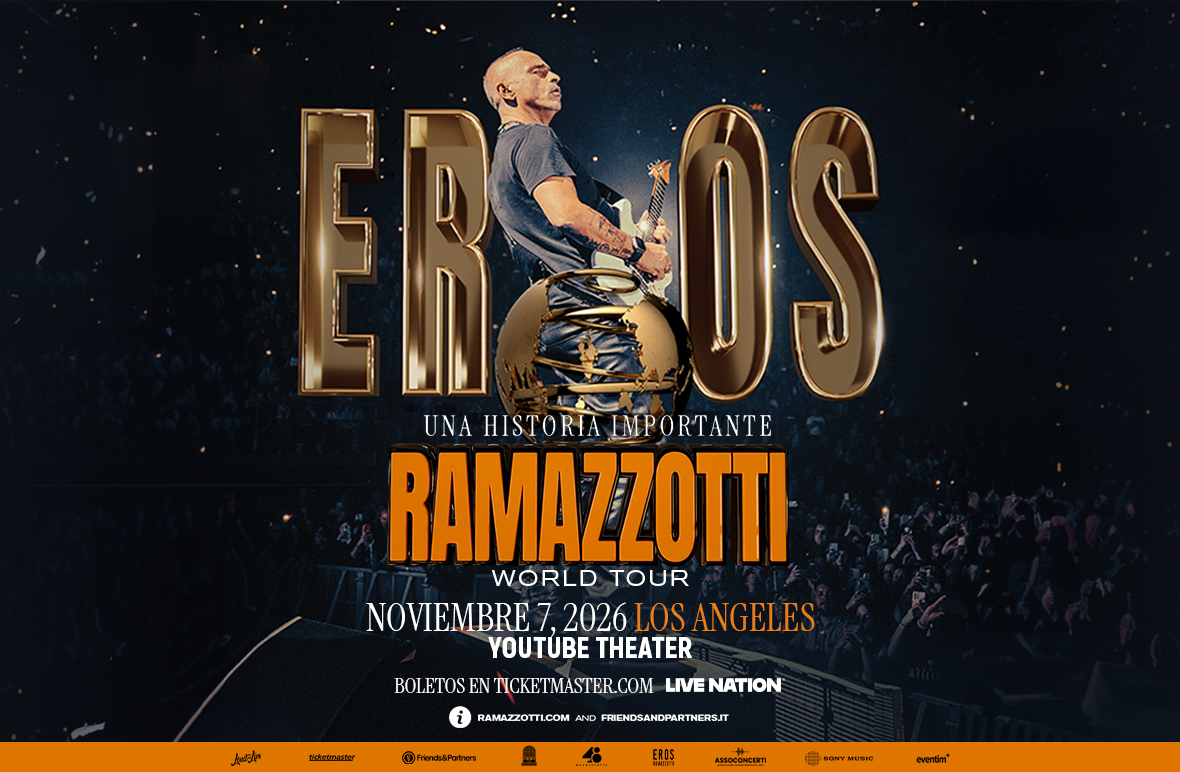From early roles at Sony Music and Warner Music to working with broadcast and streaming platforms like SiriusXM and Pandora, Dalia has carved a space for Latino talent in an industry that often overlooks it. She has championed the voices of iconic and emerging artists.
DALIA CEREZO’S STORY: CHAMPIONING MUSIC & MOTHERHOOD, WITH THE POWER OF REGIONAL MEXICANO
In this exclusive interview, Dalia shares her inspirations, career-defining moments, and the challenges she has overcome as a Latina in the music industry. She also highlights the urgent need for more female representation—not just on stage, but behind the scenes.
Tell us about your journey in the music talent industry?
I have always been interested in the world of music, even attended singing classes but realized that I felt more at home backstage than onstage. I started my degree in Political Science in University and soon realized it wasn’t for me, but I knew I wanted to be behind a type of broadcast initiative or national campaign.
I was struggling to find a career and my mom helped by advising me on the available academic programs and by taking me to vocational counseling. One day I brought home a pamphlet with a new career that Universidad Anahuac was promoting called Entertainment Business Management focused on talent, concert and event management. As soon as my mom saw it she said “This is the one”. From the first class I attended, I knew it was what I always wanted to do, I knew it was my calling.
I then specialized in talent management for sports figures and gained experience by volunteering at events and festivals. Then I had internships in Universal, Ocesa, and other event companies until I joined Sony Music, That’s how it all started.
Tell us about an artist or band that has inspired you?
I have to say Yuri. I actually worked with her as a community manager. I remember thinking how amazing it was to work for such an icon, and knowing that when she started her career it was much more difficult to make it and be successful as a female artist. She is such a powerhouse, a smart individual with a strong character who has inspired me to become more resilient in this industry.
What has been your greatest satisfaction when supporting Latin talent and opening doors for them on various stages?
After arriving in the United States my passion became helping my people on this side of the border, by elevating my culture and making it stronger for all audiences. I moved to New York and joined the SiriusXM and Pandora teams as an artist relations manager for Latin music.
Here, I was able to look for opportunities for the Hispanic talent in the US, which was a challenge because most Latin music companies are based in Miami, not New York. But it was a good challenge, being in New York helped me see the Latin music landscape from a different perspective and understand what’s missing for both the talent and the audience.
Do you have particular music moments that marked your career?
An interesting campaign came while supporting Anuel AA and getting to know the human behind the screen. Understanding that all artists are quite vulnerable, and that they have feelings and necessities like the rest of us. I wanted to showcase that human side in the content we were producing, to really create that connection with the Latino audience
I also loved working with artists from all categories like Don Omar and Ozuna. At that time Don Omar hadn’t been on stage for a while and with Pandora we were able to convinced him to come back as he accepted to perform for El Pulso Live for the Pandora’s subscribers in Miami. It marked his comeback because he released a new album after that campaign. It was such an important moment being next to this legend while this was happening.
How do you continue to prepare for the challenges that 2025 bring to the industry?
As a Mexican national I feel so proud to see the popularity that Regional Mexicano is currently having. Our music is breaking all borders. Mexican music started like rock, it was an expression of protest, and also as a way of storytelling with narcocorridos. Artists like Los Tucanes de Tijuana and Tigres del Norte were some of the pioneers in telling these stories through music, and now we have many more platforms for this music to reach millions of ears, and even people who don’t speak the language can empathize with what the melody is saying as well as enjoy the music.
I’m currently working for a smaller label whose portfolio is mostly Mexican music, and I want my contribution to be that, to support the genre, to not let it lose its roots, and to continue helping musicians tell those stories. Especially in this tumultuous time, we need music to save us.
What are some of the difficulties you have overcome while working in music?
As a Hispanic on this side of the border, you see challenges every single day. My main one is raising a child born in the US while being proud of my heritage and elevating my Mexican culture.
Another challenge is seeking equal opportunities in the music industry, which as a Latino you have to work triple at it just to gain the same access. But we can’t give up. Because at the end of the day we know that we are the strength of this country. I’m hoping one day we see a world with more equality, without putting weight on the color of someone’s skin or their race.
What advice would you give to women who want to start their careers in the music industry but don’t know how?
The best thing to do while starting is networking. Getting to know everyone that makes an event come to life, from the stage manager, to the equipment specialist, everyone! Because in this industry one day we have a job and the next one we have a different role. Or you never know, some people in music have about five jobs at the same time and they can also introduce you to key players.
Supporting each other, especially in Latin music, is such a big thing because we are all living the same reality here.
Why is it necessary to have more female voices onstage and behind-the-scenes?
There are plenty of reasons to have more women in music, especially Latin music because it still is a male-forward environment. There aren’t many women in leadership roles which is a big mistake. There is an incorrect chronicle on this planet when it comes to gender, because women give life! Our brain chemistry changes when we become mothers, we are capable of doing multiple things at the same time, from a dozen Zoom calls to putting together the grocery list and caring for our family, all at the same time.
So yes, the industry needs more women in all key positions, technical roles, management posts, and as directors. Our industry would be so much more empowered and organized if more women were given the opportunity to lead.

Dalia Cerezo’s journey is only just beginning. She remains committed to championing artists and breaking barriers in an industry where Hispanic contributions are often overlooked. Yet, despite the challenges, Latin music continues to rise, proving its undeniable influence and cultural power. As she looks ahead, Dalia’s mission is clear—to keep pushing boundaries, creating opportunities, and ensuring that the stories, rhythms, and voices of our community continue to be heard, celebrated, and respected on every stage.
Photo credit: Antonio Cruz (@el_doncruz) for the cover photo and
Indigo Ize (@indigo_ize) for the photo with the quote.
Interview by: Sahula Diaz-Castrejón



